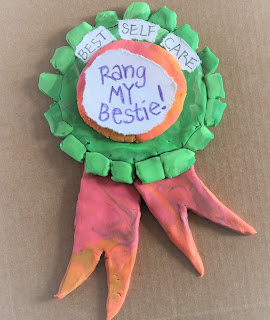by Professor Ann John and Amanda Marchant
Here at the Adolescent Mental Health Data Platform (ADP) and Self-Harm Research UK (SHARE UK), we are running a survey to learn more about how future research can answer the questions that matter to you. This will help to shape our research and to help us push for the right changes to mental health support and care.
 |
| Professor Ann John |
The ADP represents a ‘step change’ in youth mental health research by bringing billions of pieces of data together anonymously and securely in one place. This includes health, social, education and information from individual research studies all brought together. This is a unique resource bringing together researchers from across the world making it easier and faster to deliver results.
ADP research will be used to improve young people’s mental health care
Professor Ann John, the lead of the ADP, joined forces with other youth mental health researchers in Cardiff University (Professors Collishaw, Rice, Thapar, Moore and Murphy) to lead the ‘Big Data’ theme in the recently funded Wolfson Centre for Young People’s Mental Health (Cardiff and Swansea Universities). This is an exciting new development and this survey will help inform the ‘big data’ work - please get involved.
Your views matter
The ADP is a powerful resource for young people’s mental health research. But the data is just one part of the story. We are also bringing together the voices of young people through our Be Heard page and work with the MQ Young Peoples' Advisory Group.
Young people make a big difference in helping us to push for the right kinds of changes. This can be changes to healthcare, support and service provision. Our goal is to improve and potentially save lives. Your views and opinions steer our research to make sure we are answering the right questions in the right way.
Data is created all the time. Every time we buy something online, post something on Instagram or visit a GP, are just a few examples. All of this data has the potential to be anonymised and brought together to be used for research. But which data should be used? What kind of research should it be used for? Who should have access to it? How much do you know about how data is anonymised and protected?
Getting answers to questions like these is the purpose of The Big Data and Mental Health Research Survey We want to know more about your feelings on the use of your data for research. This includes feelings about healthcare information and personal information such as social media posts. We want to know more about how you feel about this data being used, who should have access to it, and how it should be looked after.
 |
| Amanda Marchant |
The survey is open to young people aged 16 - 24 and takes around 10 - 15 minutes with a combination of multiple choice and free text answers. You are free to tell us as much or as little as you like. If you don’t want to answer a question, you can just leave it blank.
The survey will run until the 31st January 2020 and we want to hear from as many people as possible:
Find out more about this important research at Cardiff and Swansea Universities by following the project on social media:







